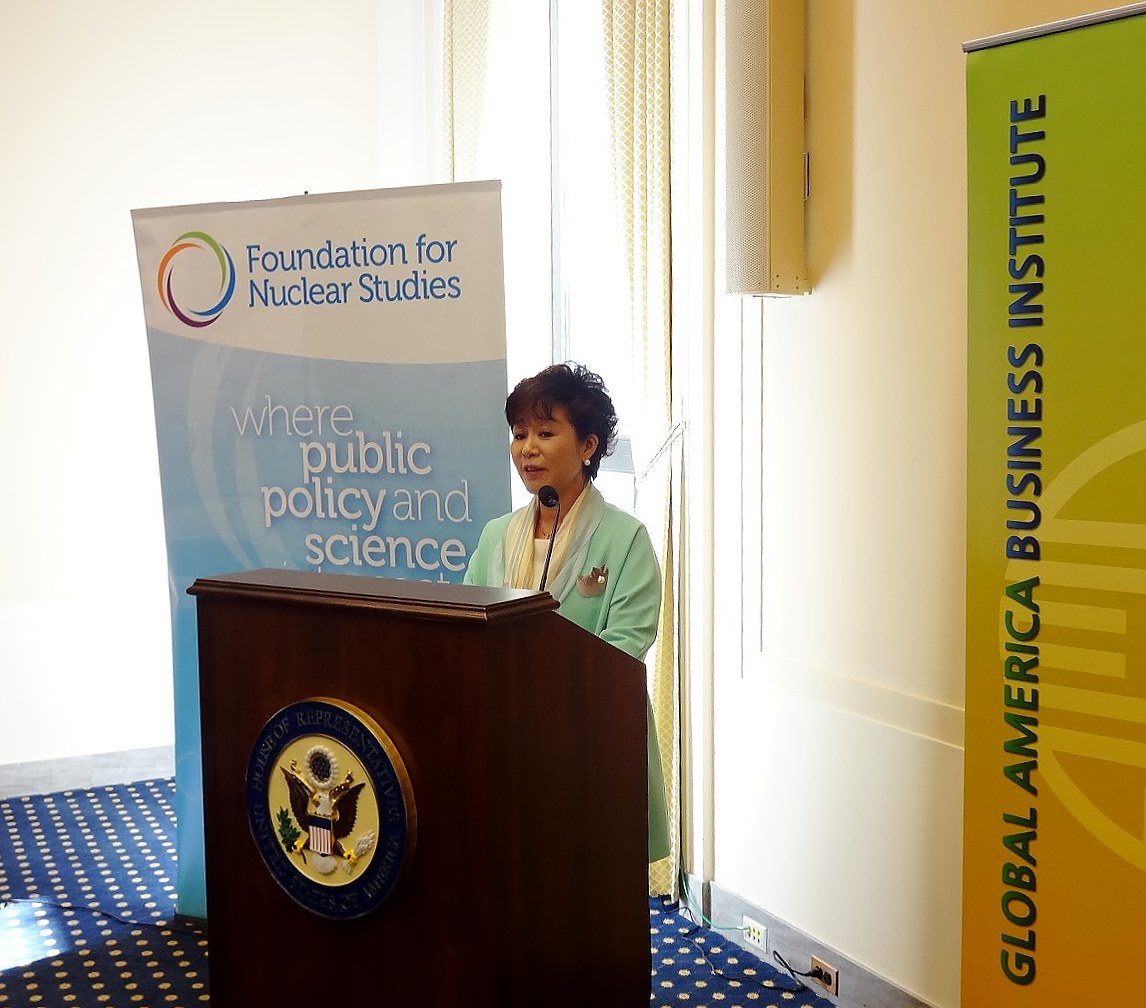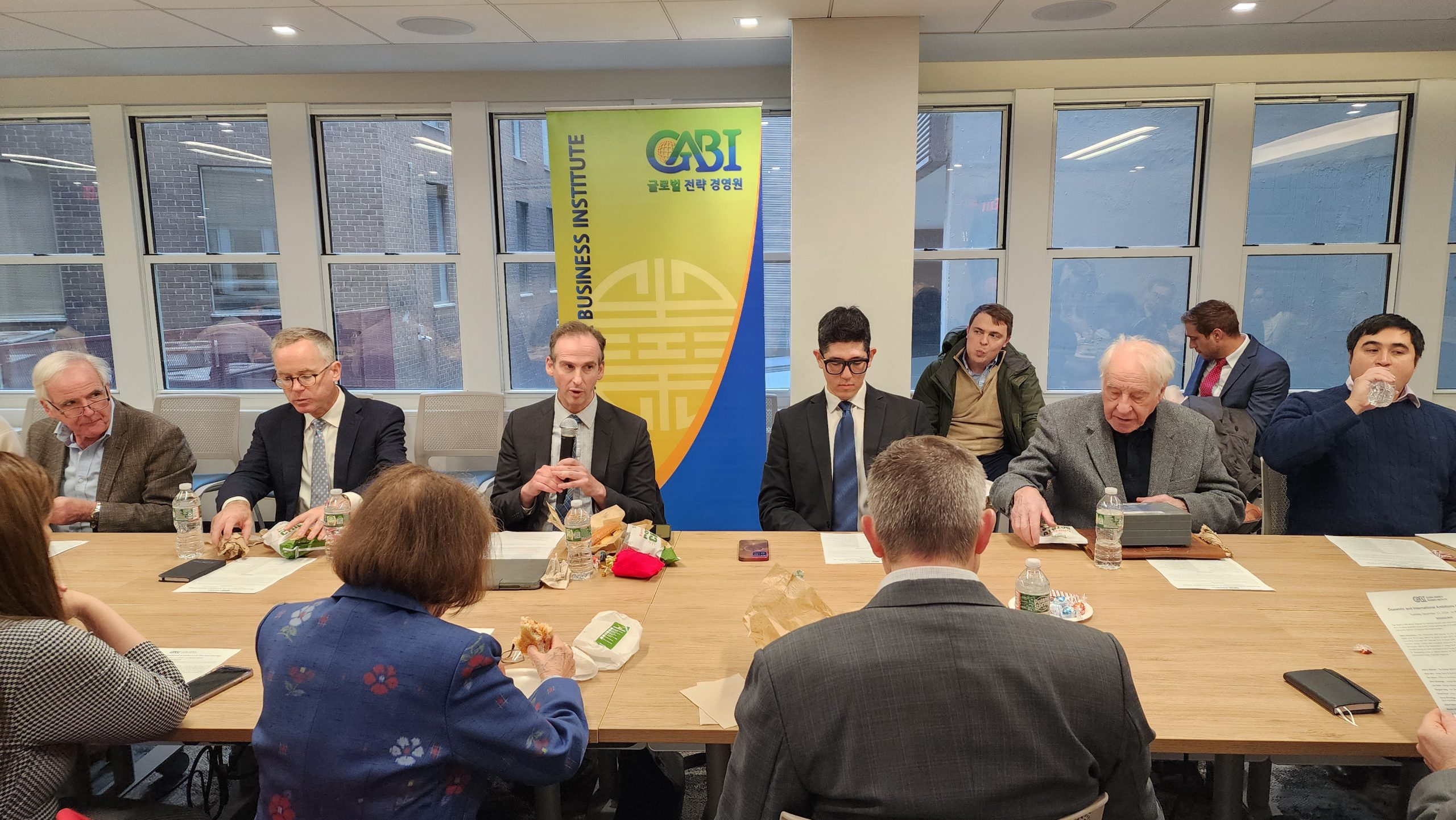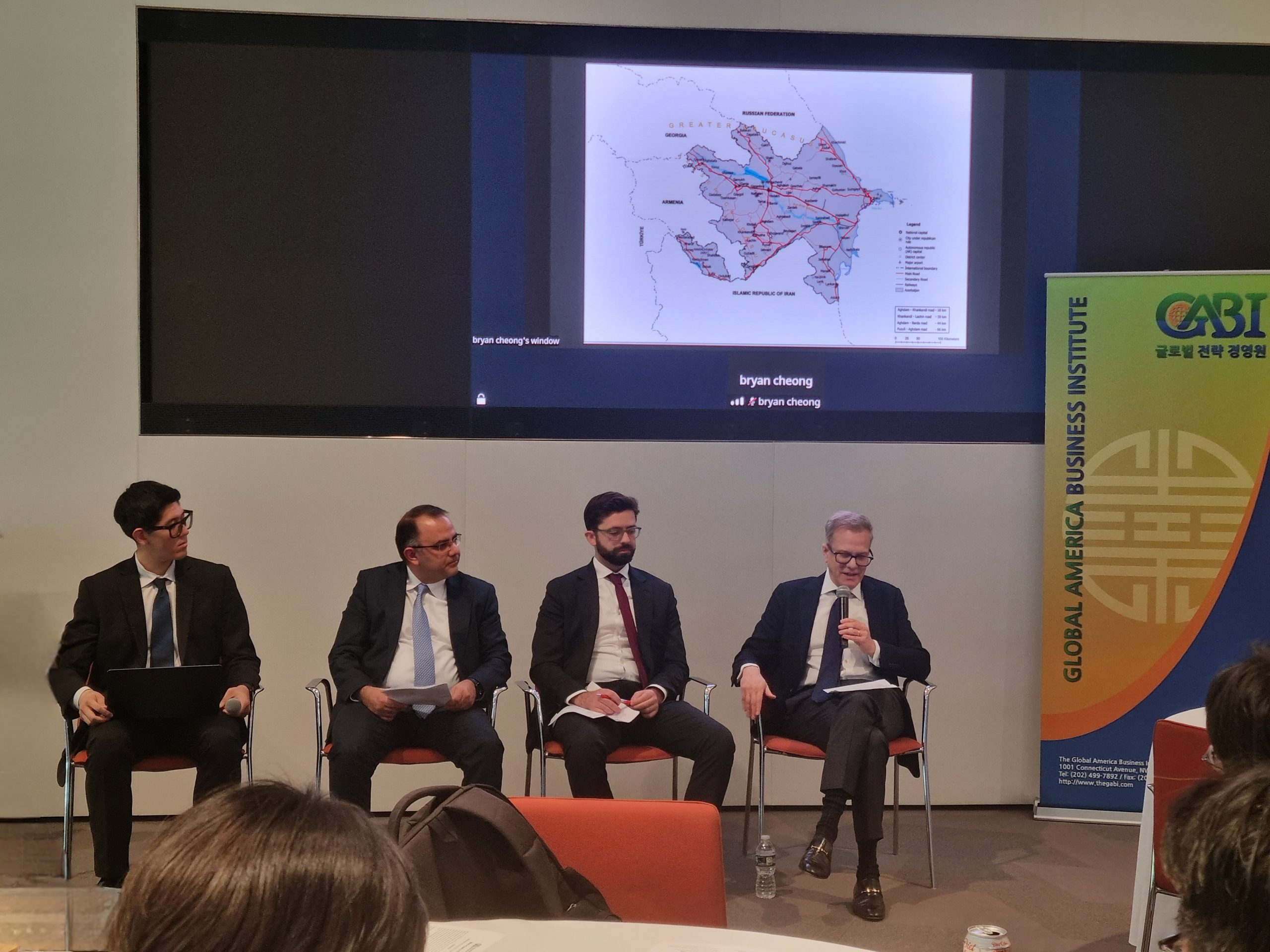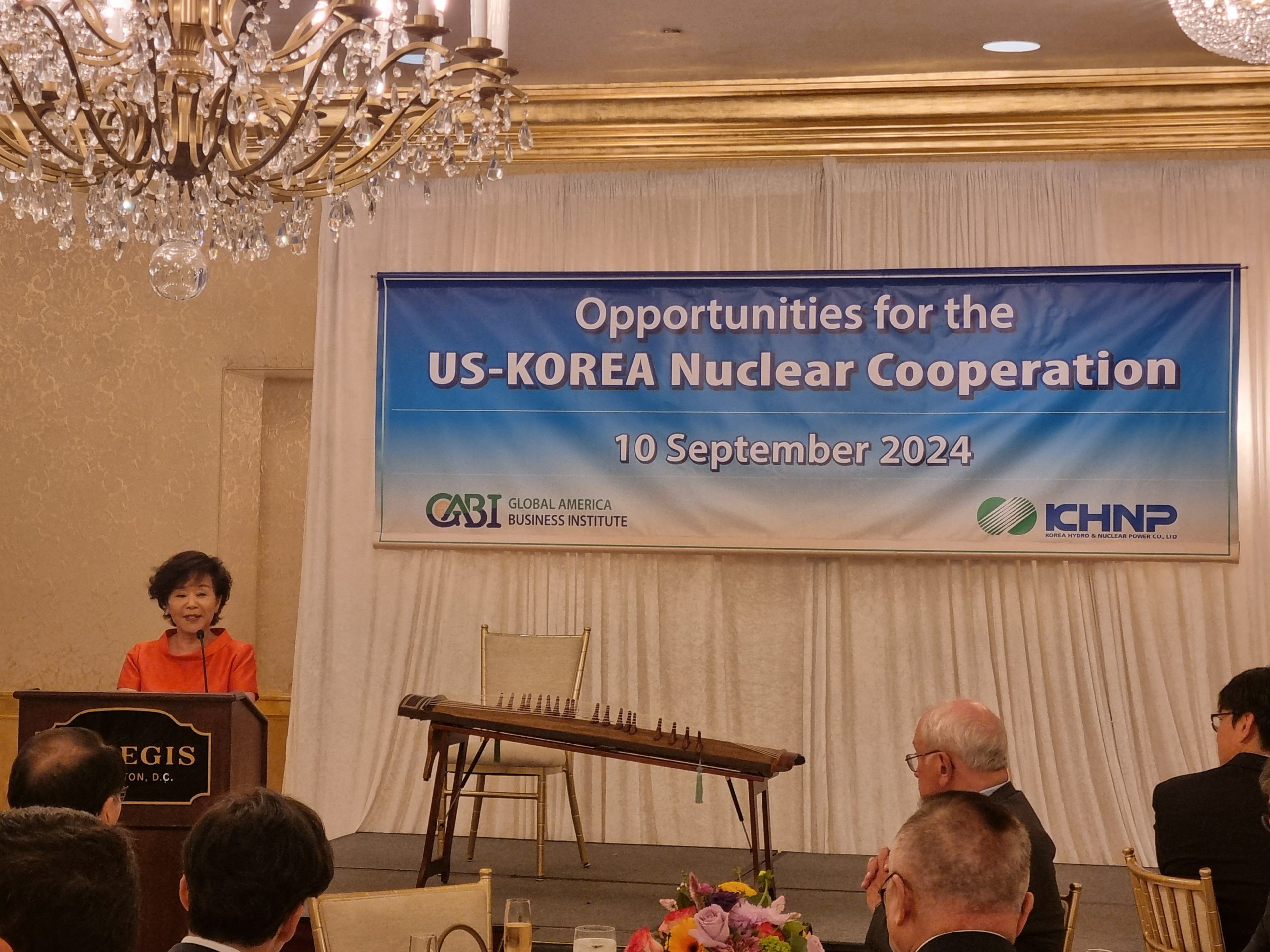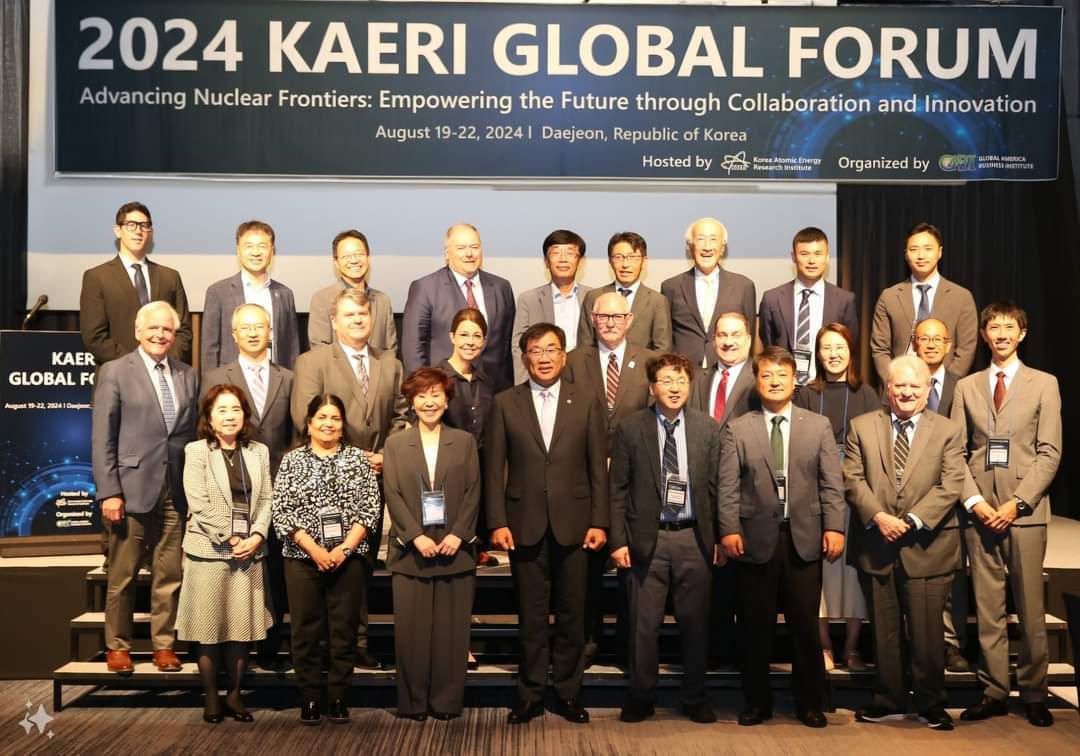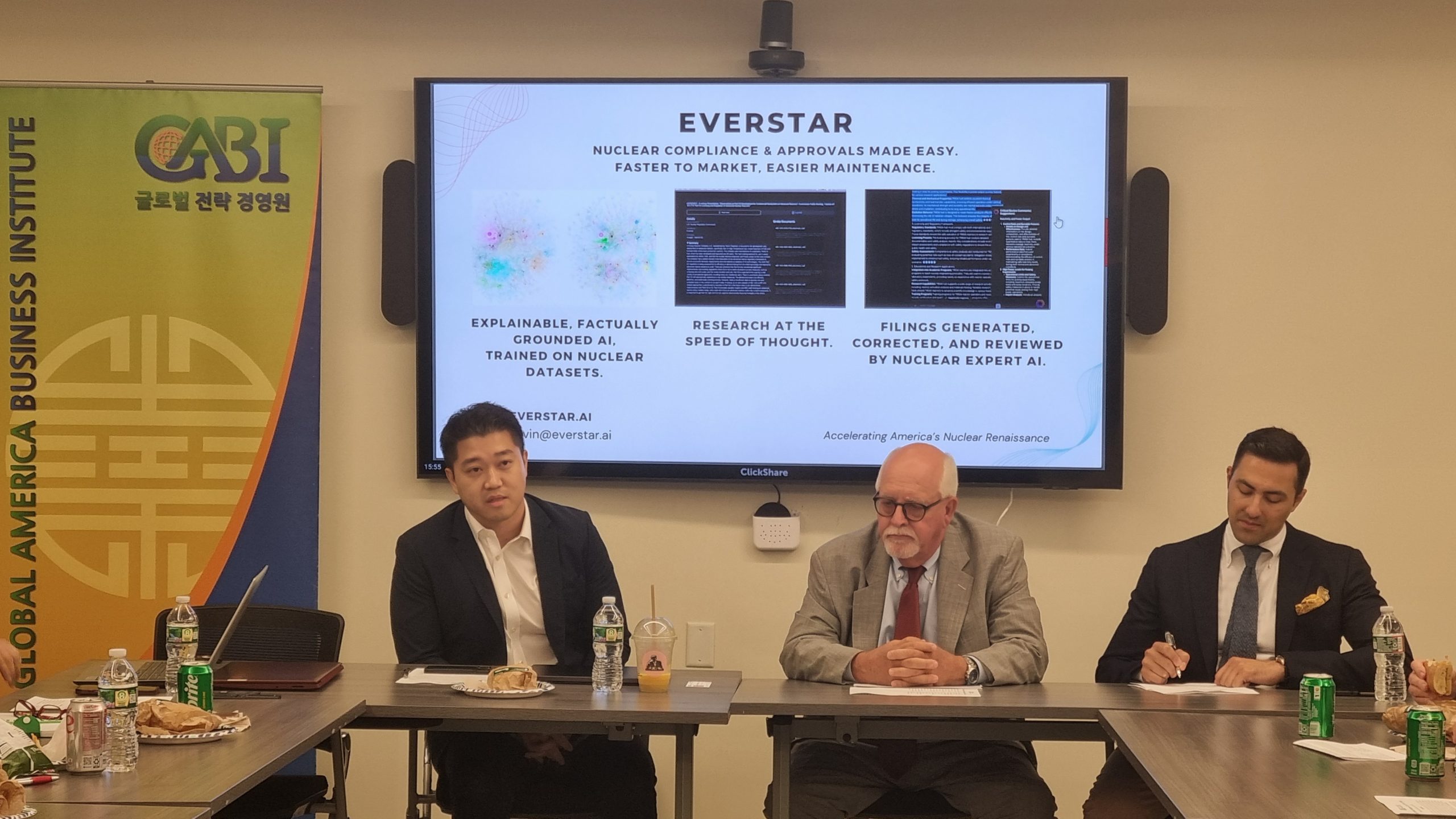Given the imperative of simultaneously addressing growing global energy needs and climate change, nuclear power will be a necessity rather than an option. In order to meet climate goals, new nuclear build must occur at a pace far greater than what is currently taking place. Korea, through a deep partnership with the U.S. in the civil nuclear sphere that has evolved over many decades, has become one of the few countries in the world that has demonstrated the capability of constructing nuclear plants at a rate necessary to tackle the world’s looming energy and environmental challenges. Moreover, the U.S. and Korea share similar safety, security, and nonproliferation values, and thus, U.S.-ROK civil nuclear cooperation will play a critical role in ensuring that global standards in these areas remain high. In addition to extensive industry collaboration between the two countries, the U.S. and Korea also work jointly on a number of advanced nuclear R&D projects. One example of this R&D cooperation is the partnership between Korea Atomic Energy Research Institute (KAERI) and Argonne National Laboratory (ANL) for joint development of the Prototype Generation-IV Sodium-cooled Fast Reactor (PGSFR). The KAERI-ANL PGSFR project began in 2012, and joint work is to be conducted on design and conceptual issues, development of computer codes, and prototype construction.

